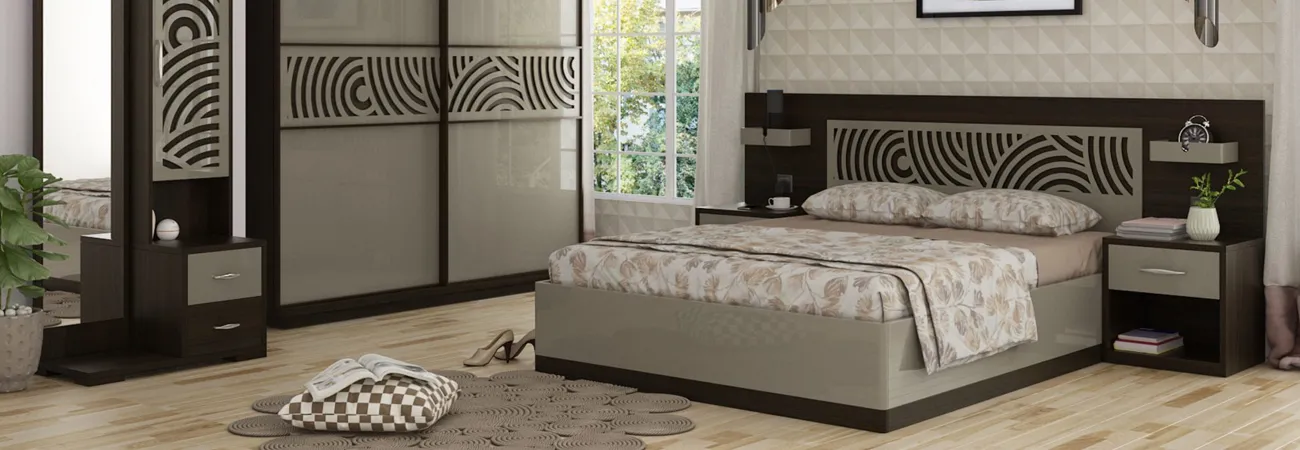i ECONOMY
The furniture makers in Karachi, the economic hub of Pakistan, are going through hard times because of the high cost of production. Pakistan is known for good quality furniture and the leading furniture-making areas are Gujrat, Peshawar, Lahore, Karachi and Chiniot. However, Karachi leads in terms of exports, followed closely by Lahore and Peshawar. Pakistan's share in the world market for furniture is still below its actual potential despite its valuable record of craftsmanship and innovation in this sector. "We have long been calling upon the policymakers to provide fiscal incentives to this sector to tap its true potential. Easy access to credit, tax holidays on expansion, frequent road shows and visits to international exhibitions, along with assistance from government officials for marketing furniture in Europe are some of the initiatives that can benefit the industry," Raza Yousaf, Vice-President of Furniture Makers Association, told WealthPK.
He said that though Pakistan was on the improving track for manufacturing modern furniture and had the potential to fetch due share in the world market, one of the dynamics – to participate in the international furniture exhibitions – is missing. "The furniture makers should be supported to participate in the international exhibitions to promote their designs." Raza called for training programs for furniture manufacturing as it would bring skillful labor force to the industry and help reap foreign demand for modern furniture. He said that relevant government departments needed to arrange workshops for furniture manufacturers, as well as for other small and medium businesses. According to industry people, there are several other reasons for this industry's current drawback. To start with, the cost of transport associated with the industry has increased manifold due to a significant rise in the fuel prices.
The cost of labor, too, has increased without an increase in its quality. Even in this era of technological progress, at least 98% of manufacturers are using traditional methods in the furniture industry. Hence, the latest technology is not being used at all. "There are also no training and education centres available to boost entrepreneurship and craftsmanship in this sector," Faisal Mahmood, a furniture marker in Ayesha Manzil area of Karachi, said. He said furniture design education throughout Pakistan was plagued with both a lack of interest and a lack of demand. "The fact that the larger Pakistani furniture industry is embroiled in a low-wage economy suggests that creative activities such as design and new product development, which involve a long period of time before becoming a success, may not be rewarding to most manufacturers."
Credit: Independent News Pakistan









